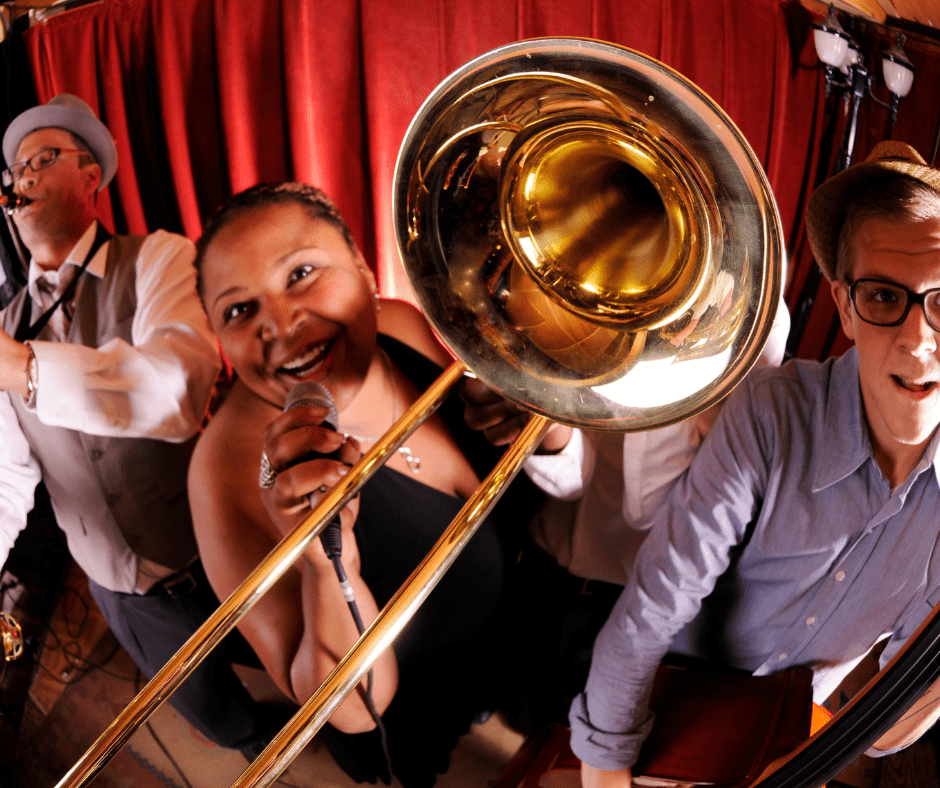
Grandsons Ethan and Will were nine and six years old, respectively, when I watched their mother interrupt a fight they were having. She had clearly done this before, and I saw that she had some skill in getting the boys to each look at the situation from the other’s point of view. After some discussion, she instructed them to each apologize to one another. Ethan, the eldest, went first. With his head cocked to the side, in a soft voice he said, “I’m sorry.”
Will came back quickly and strong with, “Oh, no you’re not! You’re just over there singing to yourself.”
I was able to stay in my role as fair witness, but it was hard not to laugh and somewhat agree with Will because I knew that, as a musically inclined child, Ethan did sing to himself often. I’ve always wondered if that’s how he kept himself in such an even-tempered and emotionally positive place.
Those boys are grown men now. There are many principles I hope I have shared with our next generation, many truths I would like them to remember and embody, with one of the most important being that the capacity of music to facilitate a change in one’s emotional state is enormous. As we know from African American spirituals, known as “sorrow songs,” and from a more recent form of music, the blues, music can express for us the emotions inherent in our troubles, and take us in a progression from negative to positive, from discordant to resolved.
My friend Mitch, a musician and composer who earned his living as a mathematician and mathematics professor, shared his noticing that music can sometimes make us laugh. “If you’ve ever been part of a jazz group or witnessed one close-up, you’ve probably seen times when one player performs a solo and the other members of the group let out a chuckle, along with murmurs of approval.”
He asks, “What’s that about? There were no words. Nobody did a pratfall. Somehow the music itself told a joke. The notes leading up to the joke were a set-up, getting our heart in the right place to be tickled.” And then he points us to classical music. “It works the same way. Check Rachmaninov’s Rhapsody on a theme by Paganini. It tickles.”
My InterPlay colleague Rebecca, a pianist, describes music as medicine. “When I was a kid, I felt music understood me in a way that people couldn’t—understood longings and sorrows I couldn’t possibly put into words.” We talked about the message of reassurance in the chord resolution, which is when the chord resolution brings us home, usually back to where we started.
Being in a choir or chorus has been a central part of my friend Cathy’s social/emotional life since middle school, but now as an elder, taking care of her 96-year-old mother, and with the restrictions of Covid, she hasn’t found a replacement for singing in her present life. “I sing in the car but it’s not the same.” She mentioned she had been experimenting with the vocal form toning, a kind of sound healing, to “recalibrate” her energy level. That word caught my attention, and I looked it up and read its definition our loud. “To adjust the gradations or settings on a piece of precious equipment.” We both laughed and agreed that our bodies, minds, and spirits could be considered pieces of precious equipment. And music just might be a way to recalibrate our losses from the past and our expectations for the future.
So, as we wish for something better in times of grief and loss, we can look to music and singing to provide a way to honor our struggles, and make our lives feel better, even if nothing has changed in our objective reality.

